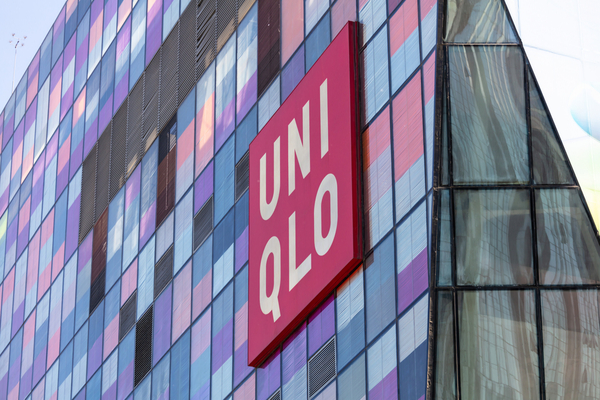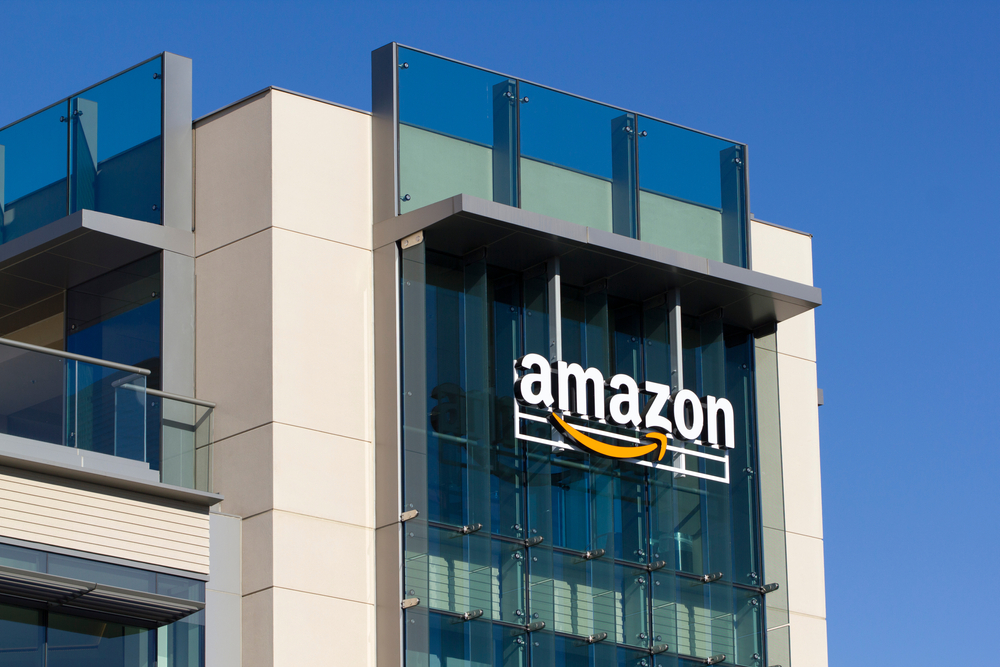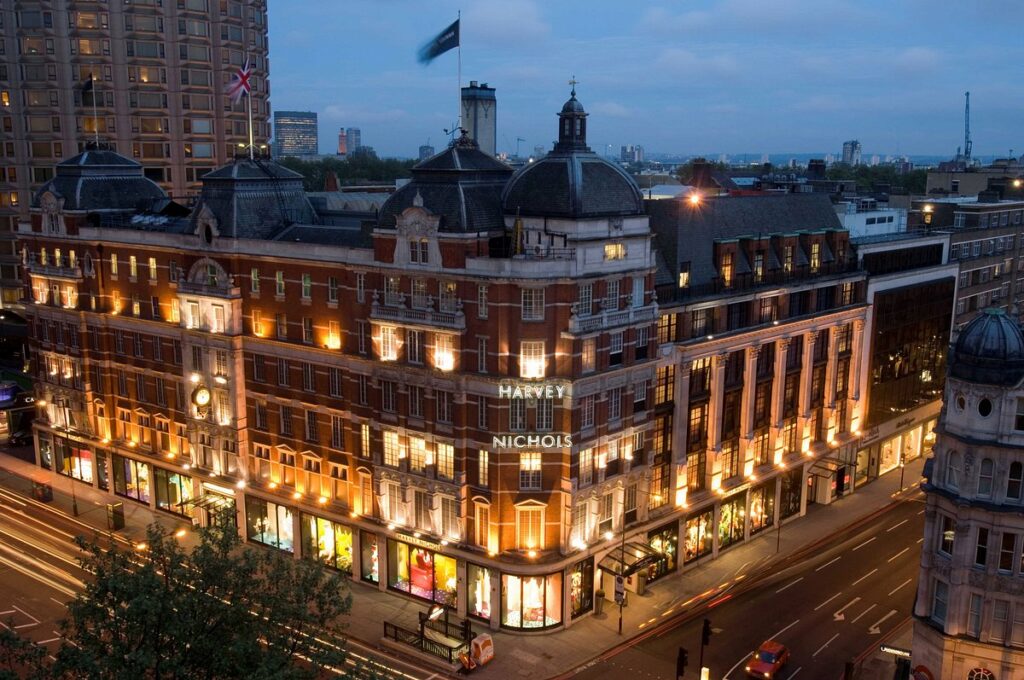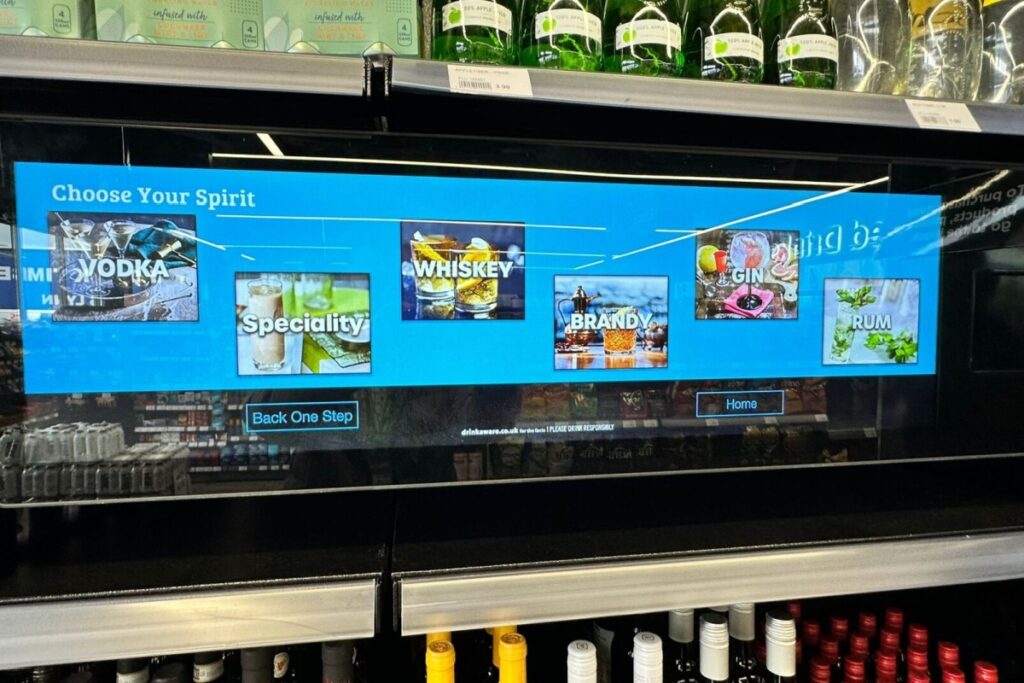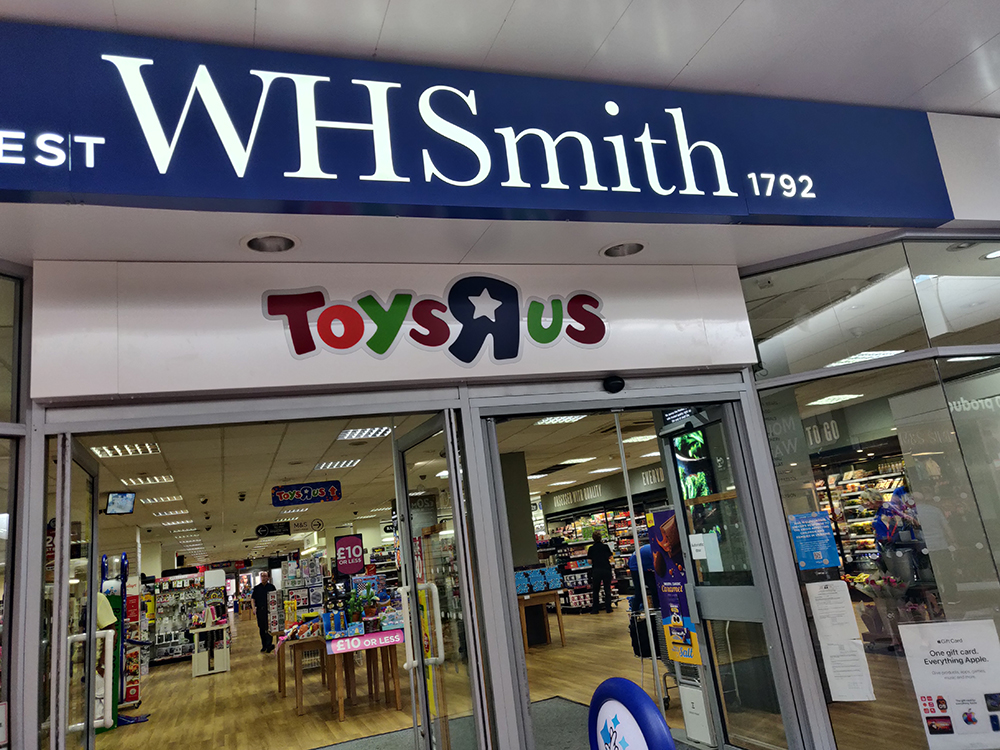// Almost half of global shoppers could boycott brands that don’t align with their personal values & beliefs, GlobalData says
// Data shows that retailers that take a firm stance will be favored by shoppers
As more western retailers and brands suspend their operations in Russian amid the ongoing conflict in Ukraine, those who haven’t yet are more likely to follow suit pressured by consumer expectations and faced with an increasingly challenging and uncertain environment, GlobalData says.
According to the leading data and analytics company, almost half of global consumers (41%) agree that they will boycott a brand if it does not align with their personal beliefs or values.
Retailers that take a firm stance will be favored by shoppers who are willing to boycott those that do not align with their values.
READ MORE:
- Harrods still selling Russian vodka from under the counter
- Tory MP calls for Marks & Spencer franchise stores in Russia to close immediately
- Russian sanctions: UK bans luxury exports and hikes import tariffs
LVMH, for example, is exiting the Russian market despite it being estimated to have provided 6.6% of its 2020 cosmetics and toiletries sales, equivalent to over $300 million, according to GlobalData estimates.
Lia Neophytou, Senior Health & Beauty Analyst at GlobalData, said: “This is a drastic but necessary move when considering not only the evolving complications of doing business in the market, but also the potential backlash from consumers around the globe if this decision was not made.”
Globally, consumer access to products of Russian origin is also diminishing, with several UK retailers removing such products from their shelves.
Earlier this month Uniqlo backtracked on its decision to keep its Russian stores open and temporarily suspended its operations in the country, despite Tadashi Yanai, president of Uniqlo operator Fast Retailing saying the conflict should not deprive people in Russia of clothing, a basic human need.
Neophytou added: “While Russian brands and country-of-origin claims are not mainstream in the global cosmetics and toiletries industry, retailers and brands are beginning to explore their entire supply chains to review products which potentially contain components of Russian origin. Brands with transparent ingredient lists and brands that communicate product origin clearly may therefore be favored by consumers seeking to ‘vote with their dollar’ and spend only on brands not associated with Russia.”
Click here to sign up to Retail Gazette‘s free daily email newsletter

